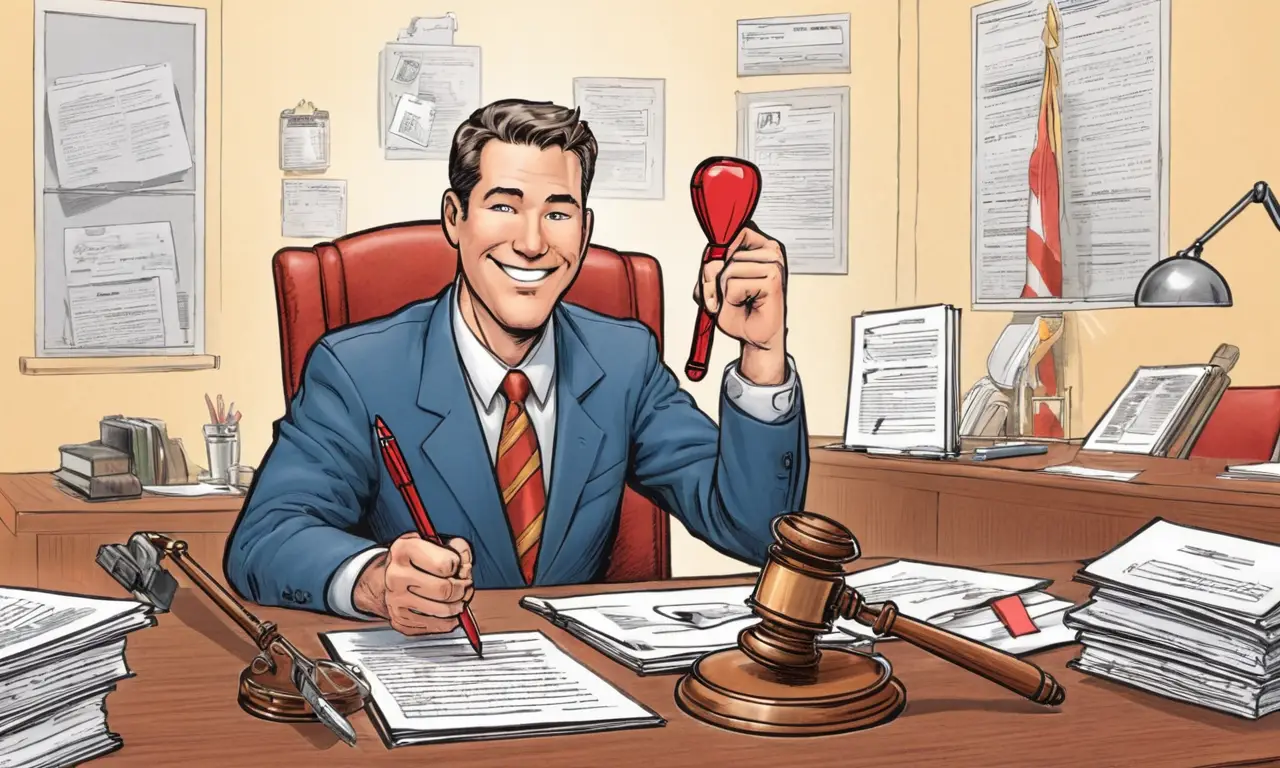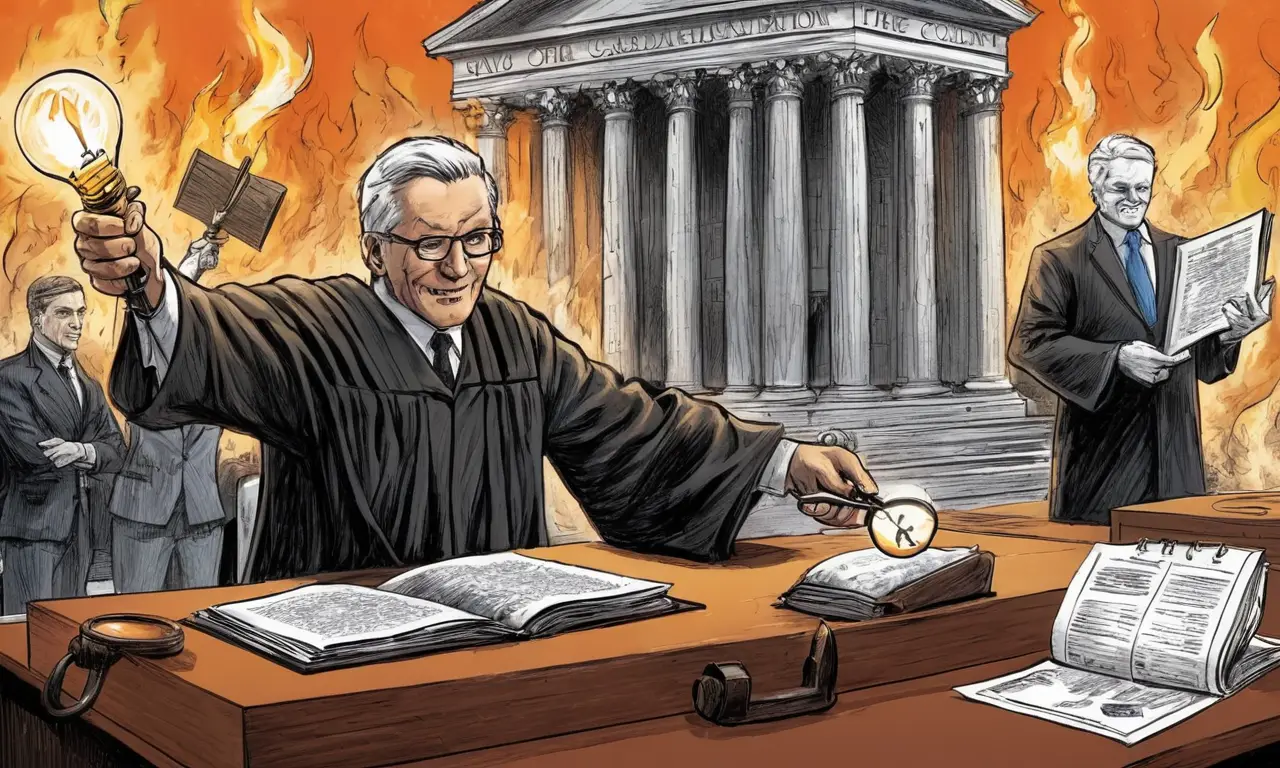Making a mistake at work is a common experience. We’re all human, and even the most experienced professionals can occasionally slip up. However, the question of whether can you be fired for an honest mistake often arises, causing anxiety and uncertainty among employees. While it’s natural to worry about job security after an error, understanding the nuances surrounding this issue is crucial.
This article will delve into the complexities of being fired for an honest mistake, exploring factors like company policies, the severity of the error, and your performance history. By gaining a clearer understanding of these elements, you can better navigate workplace situations involving mistakes and potentially mitigate the risk of job loss.
Honest Mistakes in the Workplace
Honest mistakes are unintentional errors that occur despite best efforts. They can range from minor oversights to more significant blunders, depending on the nature of the work involved. It’s important to distinguish between honest mistakes and negligence or intentional wrongdoing.
While everyone makes mistakes, it’s crucial to learn from them and strive for improvement. Taking responsibility for your errors, offering solutions, and demonstrating a commitment to learning can go a long way in mitigating negative consequences. Open communication with your supervisor is also essential when an honest mistake occurs. Explain the situation clearly, outline the steps you’ve taken to rectify the error, and express your willingness to prevent similar mistakes in the future.
Company Policies and Errors

Every company has its own policies regarding employee conduct and disciplinary actions, including those related to errors. Some companies have a more lenient approach, focusing on learning and improvement, while others may have stricter policies that outline consequences for specific types of mistakes.
It’s essential to familiarize yourself with your company’s policies on errors and disciplinary procedures. Review your employee handbook or consult with your HR department to gain clarity on the expectations and potential repercussions for different types of mistakes. Understanding these policies can help you navigate workplace situations involving errors more effectively.
Impact of Mistakes on Employment
The impact of a mistake on employment depends on several factors, including the severity of the error, its potential consequences for the company, and your overall performance history. Minor, easily rectified errors are less likely to result in disciplinary action. However, significant mistakes that cause substantial financial losses, damage to reputation, or safety hazards can have more serious consequences.
Repeated errors, even if minor, can also raise concerns about an employee’s competence and reliability. In such cases, employers may implement performance improvement plans or consider termination as a last resort. It’s important to remember that every situation is unique, and the specific impact of a mistake will vary depending on the circumstances.
Performance History and Termination

Your overall performance history plays a significant role in determining the potential consequences of an honest mistake. Employees with consistently strong performance records are generally more likely to be given leniency when errors occur. Conversely, employees with a history of poor performance or repeated disciplinary actions may face more severe consequences for even minor mistakes.
Maintaining a positive track record through consistent effort, meeting deadlines, and demonstrating a commitment to excellence can help protect your job security in the event of an honest error.
Mitigating Risk of Job Loss
While you cannot completely eliminate the risk of being fired for an honest mistake, there are steps you can take to minimize this possibility.
Proactive Measures:
- Develop Strong Work Habits: Cultivate a reputation for accuracy, attention to detail, and thoroughness in your work.
- Seek Feedback Regularly: Actively solicit feedback from supervisors and colleagues to identify areas for improvement and address potential weaknesses.
- Stay Informed: Keep abreast of company policies, procedures, and any updates that may affect your work responsibilities.
Reactive Measures:
- Take Responsibility: When an error occurs, acknowledge it promptly and take ownership of the situation. Avoid making excuses or blaming others.
- Offer Solutions: Demonstrate your problem-solving skills by proposing solutions to rectify the mistake and prevent its recurrence.
- Learn from Mistakes: Analyze the circumstances surrounding the error to identify contributing factors and develop strategies for avoiding similar mistakes in the future.
Conclusion
Being fired for an honest mistake is a complex issue with no easy answers. While unintentional errors are generally understood, their potential impact on your employment depends on various factors, including company policies, the severity of the error, and your performance history. By understanding these nuances, taking proactive measures to minimize risks, and reacting responsibly when mistakes occur, you can navigate workplace situations involving errors more effectively and protect your job security. Remember, learning from mistakes is an essential part of professional growth and development.



